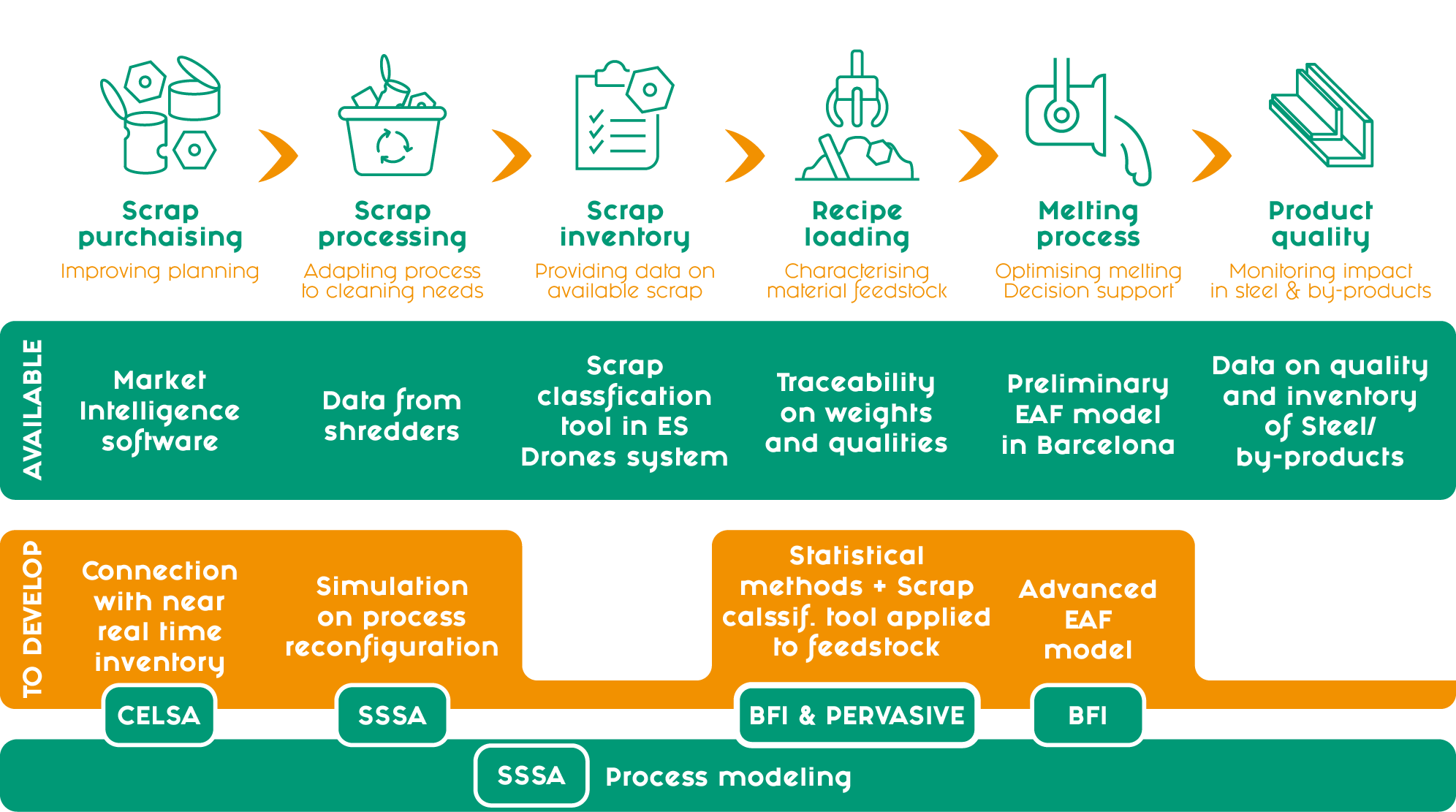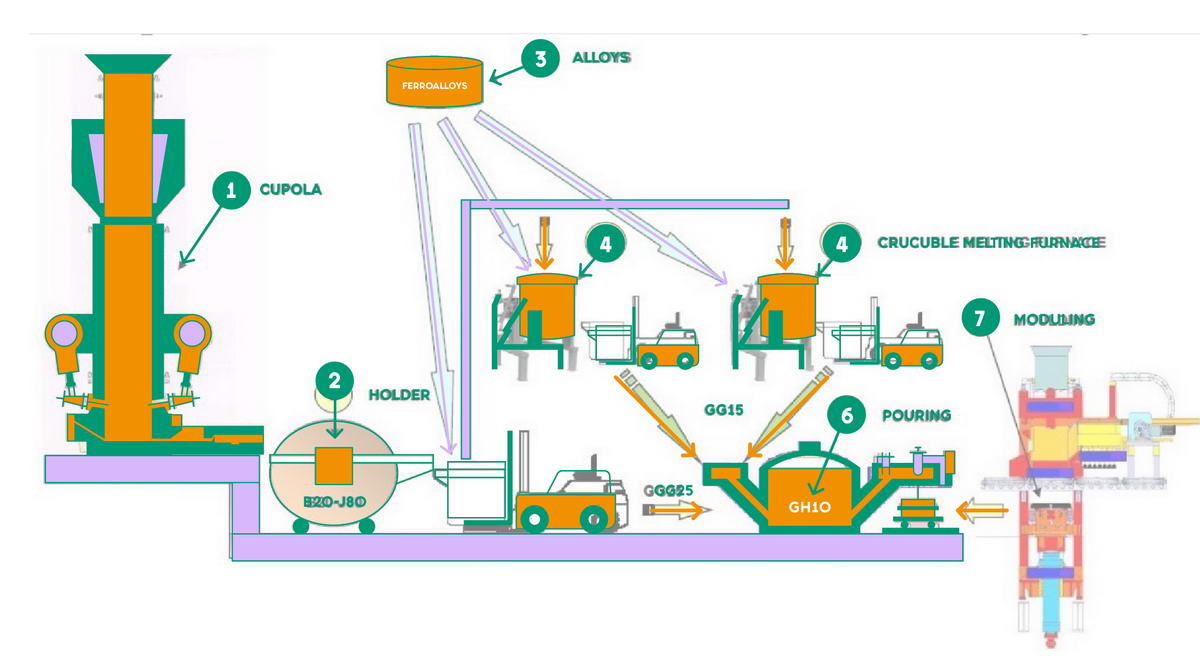Motivation & Objectives
Socioeconomic and environmental context
Making human activities sustainable is crucial for the future of our society, particularly considering the growing socioeconomic and environmental issues. In light of this, the international community adopted the worldwide 2030 Agenda for Sustainable Development, which set 17 Sustainable Development Goals (SDGs). An enormous effort is being put into achieving these goals, given their global reach. At the same time, global participation makes it difficult to put the intended vision into practice and encourage all stakeholders to work effectively towards the SDGs.
To maximize the positive impact of the project, it is important to assess ALCHIMIA’s effect on the SDGs and identify pathways to support the objectives of the Green Deal, particularly in terms of climate neutrality. ALCHIMIA aims to find the optimal mix that will balance the products’ quality with the environmental impact (i.e., energy efficiency, green transition, circularity). The ALCHIMIA project will also produce an SDG assessment, identifying both the potential positive and negative impacts of the project on the SDGs. The results will inform the creation of an action plan to better align ALCHIMIA’s activities with the SDGs and the EU Green Deal. Beyond its formal results, ALCHIMIA will also contribute to raising awareness of the SDG requirements by participating in relevant events, workshops and webinars.
ALCHIMIA Concept/Pilot objectives
The ALCHIMIA project will combine two innovative paradigms – Federated Learning and Continual Learning – to help the industry efficiently support the Green Deal. The consortium will focus on two specific sectors, which have some commonalities: steel and automotive components.
- Develop disruptive process optimization solutions based on AI and data.
- Feed AI/machine learning systems with lessons from other factories to increase the impact of the solutions.
- Learn from other factories to make solution replication easier.
ALCHIMIA Targeted applications
There will be two targeted applications:
Electric Arc Furnace steel-making (CELSA)
ALCHIMIA’s steel pilots with the three CELSA plants (CELSA France, CELSA Spain, CELSA Poland), will optimize the process of the Electric Arc Furnace (EAF) in steel-making route by optimizing the most strategic element: the scrap mix to be charged to the furnace. The entire process, from collecting scrap to melting steel, needs to be optimized. In order to maximize steel quality and resource efficiency and minimize waste generation and energy use, the entire EAF sector is searching for the ideal combination of scrap grades and qualities. Given the complexity of this search, the ideal mix has been dubbed “the magic recipe”.

Automotive components Foundry (Fonderia Di Torbole)
In the automobile industry, Fonderia Di Torbole (FDT) manufactures and markets disc brakes, brake drums, castings, and machined parts. FDT has a quality system that has been certified as meeting the stricter requirements of the automobile industry. FDT belongs to a group called Pilenga Baldassarre Foundry S.r.l., which specializes in the production of moulding dies for the automotive sector to cast iron and steel using lost foam polystyrene patterns. The group’s enterprises are committed to develop rigorous monitoring and assessment of the environmental impact of their production cycles and are keen to continuously improving energy and resource efficiency together with product quality.

ALCHIMIA Complementary Objectives/Actions
ALCHIMIA will address the challenges of the steel sector, creating an innovative system that automates and optimizes the production process dynamically with an approach that includes scrap recycling and steel-making. It has the following objectives:
- Federated Learning
- Continual Learning
- Trustworthy Artificial Intelligence
- Material feedstock characterization by statistical analysis
- On-line monitoring and prediction of process behavior
- On-line control and decision support
- Human-centric design
- Environmental assessment
